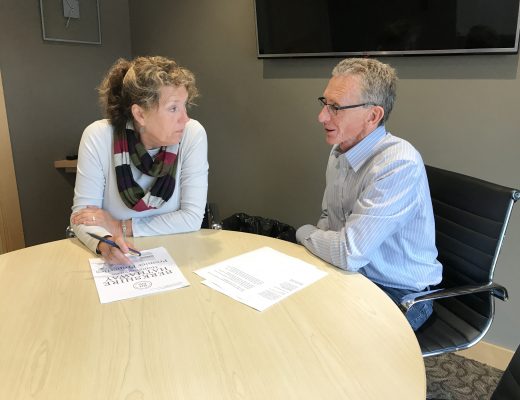A reverse mortgage is a type of loan available to homeowners age 62 years or older. It’s called a “reverse” mortgage because the lender makes payments to the borrower.
With a reverse mortgage, seniors can convert the equity in their home into cash. The product was created to help people with limited income use the accumulated wealth in their homes to cover basic monthly living expenses and pay for health care. That said, there are no restrictions on how reverse mortgage proceeds can be used.
Borrowers are required to continue paying property taxes and insurance and to maintain the home, but are not required to pay back the loan until the home is sold or vacated. If the home sells for more than the balance of the reverse mortgage loan, the remaining home equity is yours to keep. If the home sells for less than the owed balance, no assets other than the home must be used to repay the debt.
The fees and interest rates related to reverse mortgages can be high – and you’re still responsible for home maintenance costs – so be sure to think carefully before deciding.



